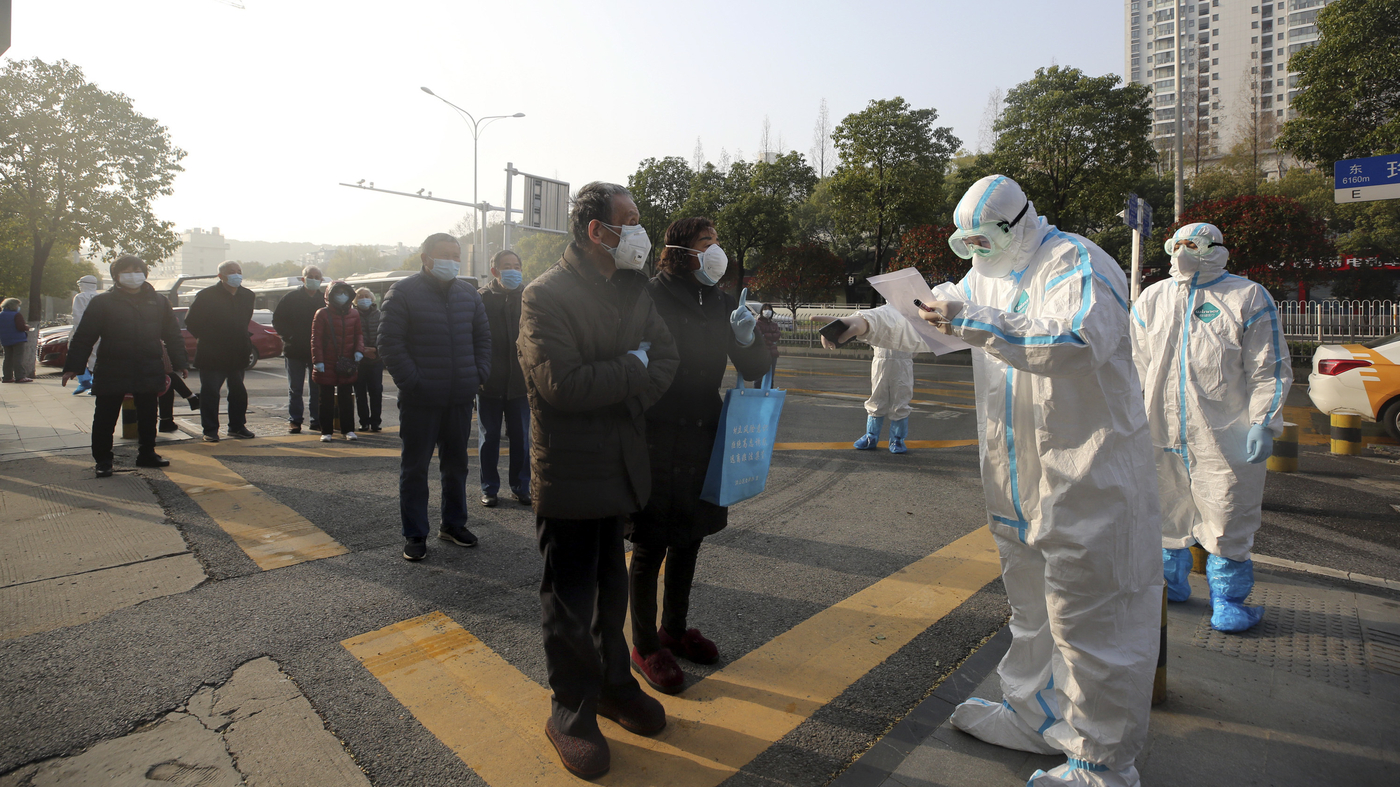This is off topic and may stir up much debated old ground. But your point is self reinforcing.
Areas without "diversity" enjoy the status quo. They have long established routines, options etc. that over time could/will be changed by others. As examples the churches and by extension other activities that often run from them (WI, Scouts, Guides etc) are struggling in some urban areas. Pubs close. "Clubs" and bars aimed at certain groups open that are not "open" to all, massive social clubs aimed at one particular segment or religion take over. I am always surprised when I go to shops in my or my wife's old hometowns (in the South West and almost North East) to find teenagers doing "Saturday" jobs in shops and restaurants , both earning some cash and learning that money needs to be earned, hours can be long and that good interactions with colleagues and customers are a life skill.
Where we are on the outskirts of NW London we ironically drive to a pub, there isn't one within walking distance (despite being within 400m of a local high street with a tube station.) Virtually all the people working in retail/ hospitality are economic incomers being paid minimum wage, allowing an excess of duplicate shops (coffee, fast food etc.) giving us a choice that we don't really need. Often, but not always we see local businesses staffed entirely by people of a similar background which based on the usual Equalities Acts suggests that recruitment isnt being done in the way that it should. I don't remember the last time a delivery driver was home grown. All this change drives more change. London is overpopulated and expensive, needing more teachers, NHS, police, housing, etc. The number of languages spoken in some schools in some areas is outstanding, in others almost monocultural.
Why is London diverse but not inclusive? I could name areas or quadrants and you would probably be able to name the dominant ethnic populations. Cultural differences drive this even further, families helping other family members onto the housing ladder in a commendable but more extreme way than is the norm, vertical families where kids, parents, siblings, grandparents live in the same house. Where we live all recent property purchasers have been from one ethnic group, radiating out from areas where their parents and probably grandparents bought before them. Council tax based on house value rather than the number of economically active adults? Another contentious debate we aren't having.
Is there anything wrong with all this? Of course not. It's market economics and human nature. People love cheap goods and services and will most often flock to people of their own type, however liberal they are.
But I can see why more traditional communities around the country are less welcoming of immigration. It's just not PC to voice it.



















